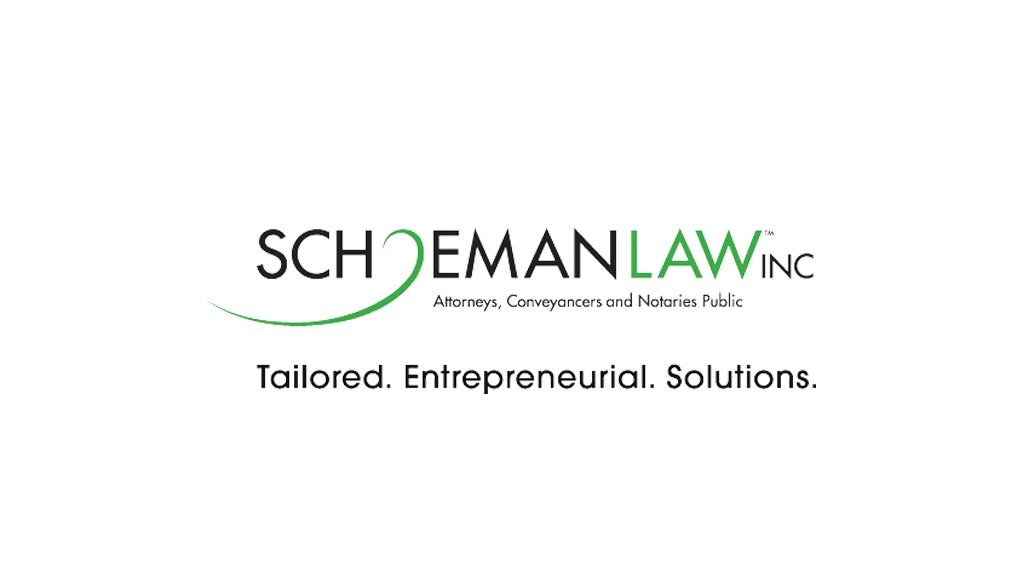Artificial intelligence (AI) has rapidly evolved over the past few years, enabling a system to be a potential threat to many jobs in society, such as in the Human resources sphere. A Human Resources AI has been developed to such an extent that it is able to manage the recruitment process, monitor and report on the productivity and quality of employees, and allocate work to different departments, including career development.
Privacy of employee’s
AI can provide numerous benefits to a company, but along with the benefits, it also brings multiple risks. In a case where AI is in the position of a Human resources position, data collection and monitoring does have an impact on employees due to its only recent appearance in society, and it has not entirely proven itself to be trustworthy or errorless as of yet.
The use of AI in the workplace is a definite success for an employer because it has the ability to monitor and record activities, physical movement, and tools used in the workplace. Particular features, such as employee performance evaluation software or sentiment analysis tools, can effortlessly analyse personal data and emotions to determine productivity and job satisfaction. In contrast, a human will determine these with effort. As such, due to the multiple activities that are all of a sudden controlled by an AI, questions can be raised about privacy laws. There is a risk of privacy laws being violated; hence, for precautionary measures, one will need to obtain personal information the traditional way, which can be challenging to complete due to its purpose being for AI.
While AI has been proven to be accurate, it can conclude decisions about employees in relation to promotions, wages, increases or termination of employment. Notably, these decisions can be affected by unfair data about the employee, which will result in a prejudicial outcome. Thus, employers have the responsibility to ensure that solid cybersecurity measures are in operation to ensure comfort amongst the employees when sensitive information are being dealt with my AI’s.
Precautions to prevent AI miss-ups
Adopting ethical AI practices in the workplace will promote transparency, consistent compliance with legal frameworks, and an inclusive and equitable work environment, which will definitely ensure the overruling of adverse AI-related effects. The balance between innovation and robust safeguarding of privacy is crucial for a human and AI working environment to prevent any possible conflicts.
AI is the result of job losses and job creation.
It goes without saying that once new technology arrives, the existing technology will be replaced. Hence, the manufacturing and retail sectors will be particularly affected by job losses; in more particular, administrative roles will be the soonest to be at risk. With AI entering the workplace, anxiety and uncertainty will be caused. Still, for an ethical transition, re-skilling and upskilling will thus become essential and crucial to ensure that the unemployment rate is being lightened and not burdened.
Conclusion
Therefore, before AI can be used to its fullest potential in HR management, its importance of understanding the system plays a vital part in its overall success. The difference between the advantageous success and benefits compared to disasters and the failures of AI systems is that they are based on advanced strategies and practices that need to be prioritised and implemented before AI systems are put into operation.
If you need any assistance or advice regarding the content and implications of AI in the workplace dealing with employees, contact an attorney at SchoemanLaw.
Written by Riaan Basson, Candidate Attorney, SchoemanLaw
EMAIL THIS ARTICLE SAVE THIS ARTICLE ARTICLE ENQUIRY FEEDBACK
To subscribe email subscriptions@creamermedia.co.za or click here
To advertise email advertising@creamermedia.co.za or click here











